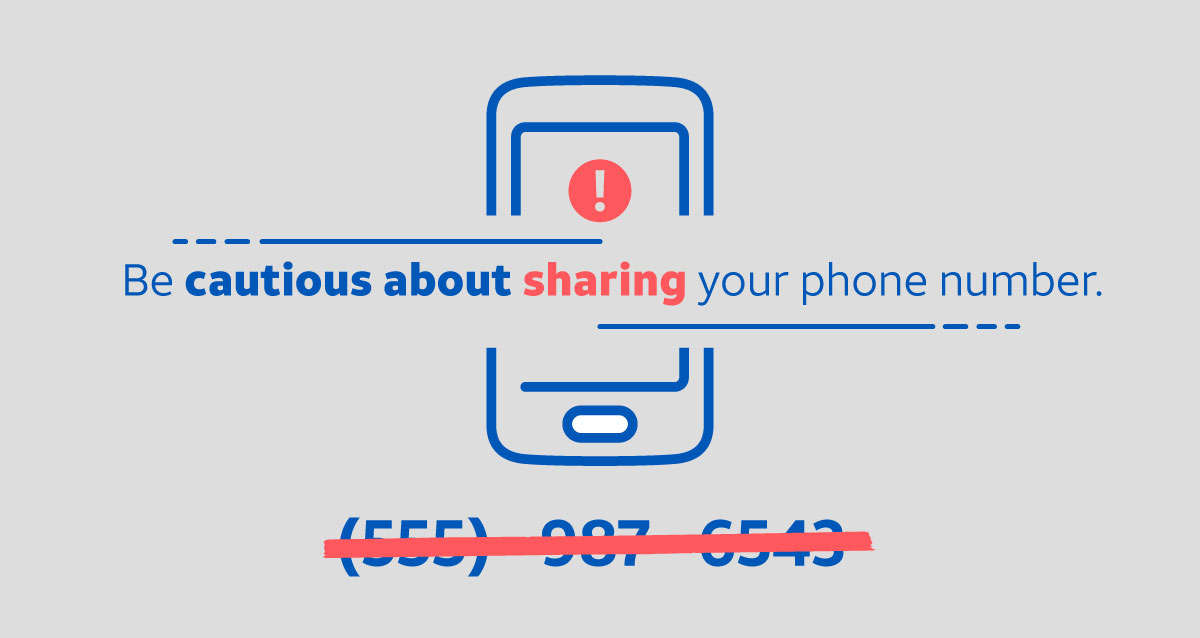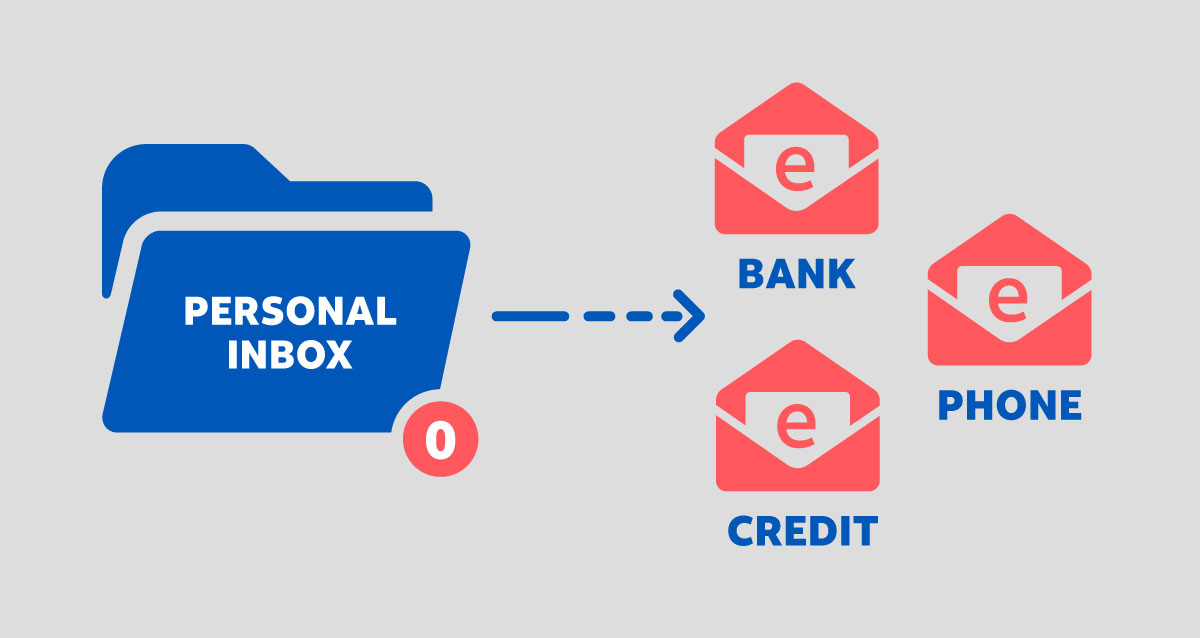Porting allows customers to take their phone number with them when they change phone carriers. The law requires carriers to comply with a request to port a number if the person making the request provides accurate information.
Imagine this – someone walks into a phone store and pretends to be you with a fake ID and your personal information. They want to switch carriers and walk away with control of your phone number. Stealing a mobile phone number this way is known as “illegal porting.”
Bad guys sometimes use illegal porting to steal your phone number, transfer the number to a device they control and intercept text authentication messages from your bank, credit card issuer or other companies. Many companies will call or text customers to confirm their identity. Once the bad guy has your number, he will receive the authentication messages and can use them to get access to your accounts.
You may not know this has happened until you notice your mobile device has lost service or suddenly switched to “emergency calls only” status.

Then, you may notice loss of access to important accounts as the attacker changes passwords, steals your money, and gains access to other pieces of your personal information. Securing your phone number can be a key to protecting your identity.
As an added layer of security, AT&T customers who want to port their number to another carrier will need to request a Number Transfer PIN. This PIN is only used to authenticate the porting action and will not delay the process. The PIN should be requested just before the desired transfer to the new provider and will allow all numbers on the AT&T account to be ported. Customers can learn more about the process here.

AT&T may also send customers a text message to help protect them from illegal porting. This notification will not prevent or delay the customer’s request. It just adds a simple step to better protect against fraud.
Here are some suggestions to reduce your risk of illegal porting:

- Be cautious about sharing your phone number. Be selective in what number you share with the companies you do business with and limit how often you share it with others. This includes on social media or websites.
- Consider freezing your credit to help prevent a new account from being opened in your name. Read more about setting up a credit freeze in this Cyber Aware blog.
- Add all “extra security” measures to your AT&T Wireless accounts. If you create a unique passcode on your AT&T account, in most cases we’ll require you to provide that passcode before any changes can be made, including ports initiated through another carrier. Follow this link for more information.

- Keep your personal email inbox clean. Delete phone bills, bank statements and other emails that may include personal information. If your email account is compromised, you can minimize the chance hackers can get sensitive information.
- Transition accounts if you get a new number. If you change or give up your phone number, make sure to update all your accounts that use that number as a way to contact or authenticate you. It is important to take action before you lose access to the “old” number since it could be allocated to someone else in the future. If you don’t, it’s possible that the number’s new owner could get your security messages in the future.
- Refresh yourself on our Cyber Aware tips to protect yourself online.
Separately, landline customers can add a PIC freeze, or Primary InterExchange Carrier Freeze, in some states. A PIC freeze prevents unauthorized account changes without customer approval for landline phone numbers. If a port out request is submitted, the PIC freeze feature tells the new provider no change can be made until the customer removes the freeze. If it’s a legitimate request, the PIC freeze can be quickly and easily removed with the proper authentication.
If you believe your AT&T number has been illegally ported, contact us immediately by using the information on your bill. You can also follow the Federal Trade Commission’s checklist on identitytheft.gov.